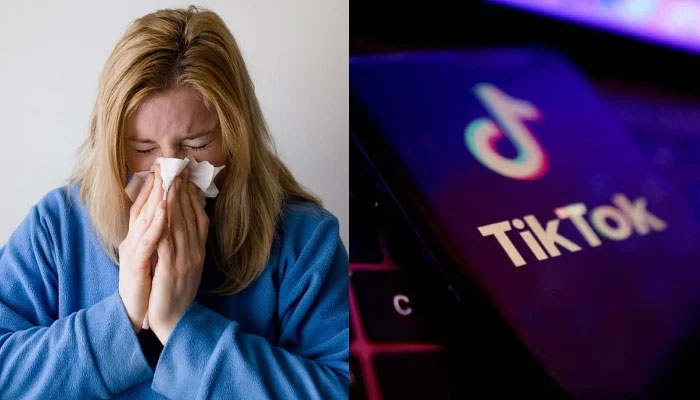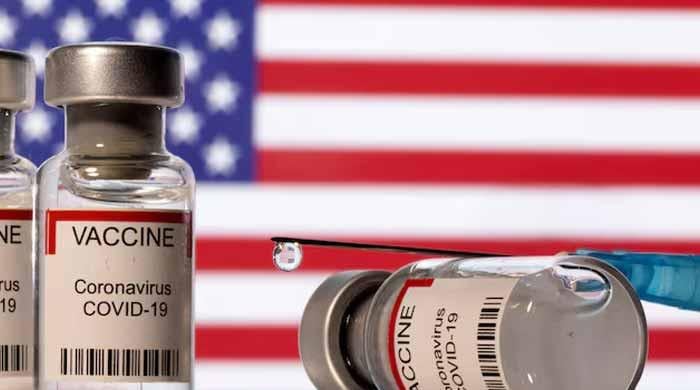TikTok's 'mystery virus' trend: Genuine concern or social media hype
Health experts weigh in, attributing the symptoms to a post-pandemic condition
March 04, 2024

A wave of TikTok videos has emerged featuring young users sharing their experiences with a perceived "mystery disease," exhibiting symptoms reminiscent of COVID-19. Despite negative test results for known viruses like COVID-19, the flu, and respiratory syncytial virus (RSV), users continue to express confusion and anxiety about their health.
Health experts weigh in, attributing the symptoms to a post-pandemic condition — heightened anxiety about illness. Georges Benjamin, executive director of the American Public Health Association, emphasises that the described symptoms align with common viruses circulating year-round, dismissing the notion of a new and unidentified threat in the United States.
Marcus Plescia, Chief Medical Officer of the Association of State and Territorial Health Officials, anticipates an increase in respiratory infections alongside COVID-19 and the flu in the current season.
He attributes this rise to years of isolation during the pandemic and the potential for more widespread infections as in-person socialising resumes.
The prevalence of social media plays a significant role, with experts highlighting the tendency of this generation to share every detail of their lives online. Plescia notes, "They like to hypothesise about what’s going on. And to some degree, it is self-generating both hysteria and false information."
Despite the TikTok trend, the Centers for Disease Control and Prevention (CDC) reports a decline in COVID-19 cases since January and a nearly 15% drop in positive flu tests.
However, concerns persist about the impact of social media on disseminating health information, with calls for platforms to address and combat misinformation rather than profit from it.









